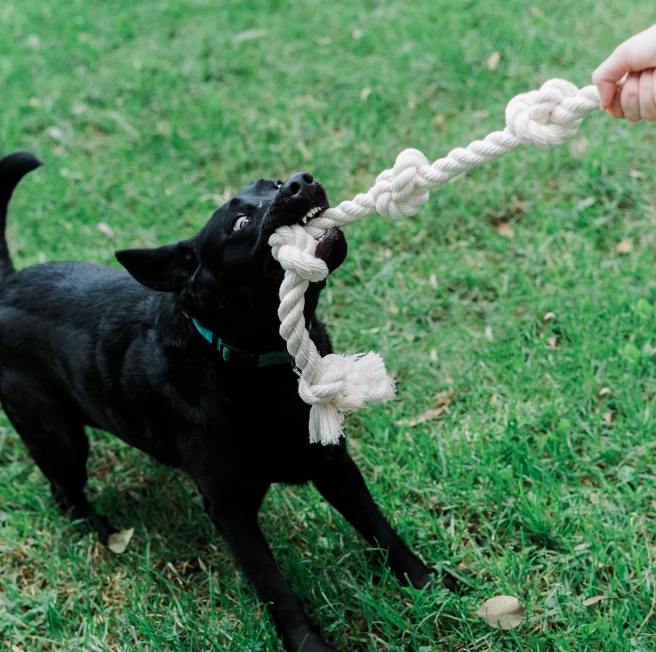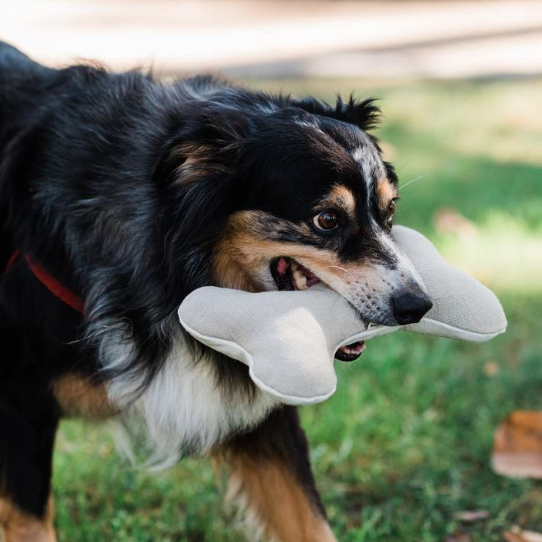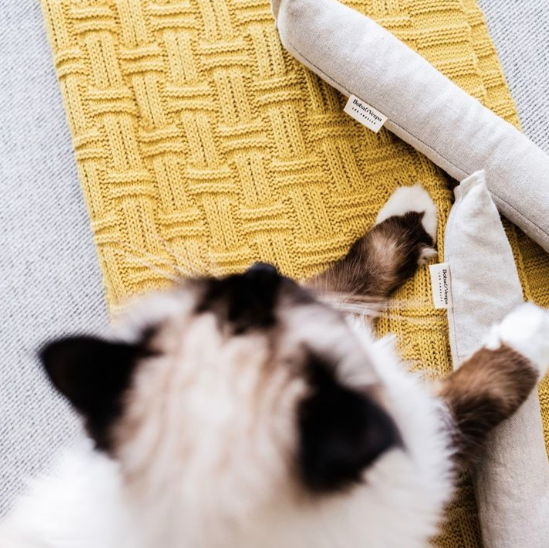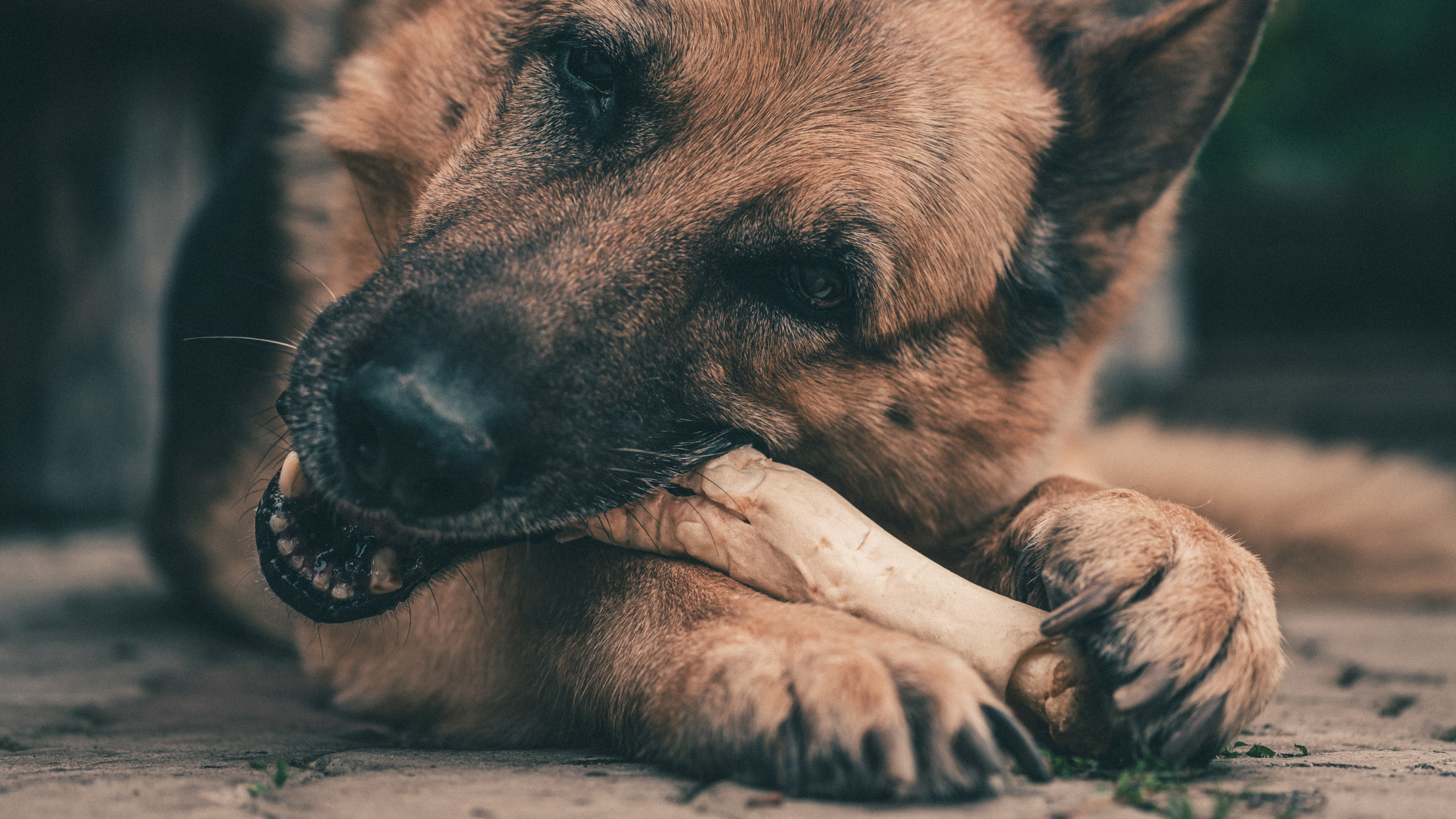UPDATED January 7, 2026
Are you considering switching your dog's diet to a whole food diet? While this is an excellent decision for your dog's health (and our planet's health), it's important to make sure the transition is as smooth as possible. Otherwise, your dog may not get the essential nutrients and balanced diet needed to be happy and healthy.
As pet parents, we know the struggle to feed your pet the best food possible. With so many options and conflicting advice, it can be daunting to determine what is healthy for your dog's diet. This blog contains many variables you need to know about feeding your dog whole-food diets so that they can stay healthy.
Whole Food Diet vs. Commercial Dog Food
While kibble is a convenient solution for your pet's diet, it's not the best option for your pet's health. The process of cooking kibble destroys vitamins, minerals, and amino acids. A whole foods diet is a healthy move for your dog because commercial dog food also tends to contain a host of artificial preservatives, additives, and by-products in the form of synthetic nutrients. As well, dogs don't spend much time chewing their food, which means that dry food can be hard on their liver, kidney, and pancreas.
The Environmental Impact of Kibble
Did you know that 64 million tons of carbon dioxide are dumped annually into the atmosphere on pet food alone? Yikes! Feeding your dog a whole foods diet is one way to cut back on the environmental impact of commercial dog food.
Feeding your dog kibble also comes with packaging and distribution issues that harm our planet. For example, kibble bags are typically made from a type of plastic that, 99% of the time, cannot be recycled. If you buy your dog kibble, look for the Terracycle logo which indicates plastic upcycling, ensure the food is ethically and sustainably made, avoid beef and lamb, and buy kibble in bulk to cut back on waste.
Introducing a Whole Foods Diet
Introducing your dog to a whole-food diet requires planning and commitment. But did you know that only 6% of homemade diets have the potential to be nutritionally complete according to the Association of American Feed Control Officials adult dog maintenance standards, according to a 2025 study? Therefore before getting started, you will want to talk to your vet to get more information about your dog's health and nutritional needs so that their diet is nutritionally balanced. You’ll also want to reassess their diet periodically as they age. Year to year your pet’s health status and nutritional requirements may change, and their diet may need to be adjusted accordingly.
It's also important to be aware of any food allergies for obvious reasons. In general, their whole foods diet should consist of a mixture of fresh fruits, vegetables, whole grains, real meats, fish, and poultry. These whole foods provide essential nutrients that can be easily absorbed and suit your dog's digestive health.
Start by introducing a whole-food diet slowly. We recommend adding portions to its regular kibble. New ingredients should make up to 25% of your dog's meal. Some good foods to start with include eggs (raw or cooked), canned fish such as sardines (the omega-3 fatty acids can contribute to a shinier coat and regulate your dog's immune system), leafy greens, and healthy leftovers such as meat offcuts.
Foods to Avoid
It's important to note that certain foods are toxic to dogs and should be avoided at all costs. These include:
-
Chocolate
-
Onions and garlic
-
Green Tomato
-
Potato
-
Bell peppers
-
Yeast dough
-
Grapes and raisins
-
Macadamia nuts
-
Raw beans
Foods to Include
Here are some ideas you can add to your dog's whole foods diet:
-
Sweet potatoes
-
Carrot
-
Butternut squash
-
Spinach
-
Celery
-
Green beans
-
Broccoli
-
Apple
-
Chicken Heart, Liver, and Neck
-
Pork Trim, Heart, and Liver
- Bone broths like rabbit, and bison
Read more about foods to avoid in this post.
What about a Raw Food Diet?
A raw diet aims to mimic what dogs would eat in the wild. This can include raw meat, grains, vegetables, and bones. There is no definite evidence to suggest a raw diet is more beneficial than a whole-food diet. In addition, a raw diet also poses several health risks, such as exposure to dangerous bacteria and injury from bones.
Nutritional Supplement for Dogs
To ensure your dog gets all the nutrients, minerals, and vitamins it needs when switching to a whole-food diet, this holistic veterinarian-made dog supplement is perfect for adding to your dog's food. Each canister contains enough homemade dog food vitamin supplements to mix in with eight batches of meals.
The best part is that you ultimately control the ingredients in your chosen recipes. Whether you head to the market to pick up fresh ingredients or pick what's on sale, your dog will love this delicious, whole-food diet and you'll feel confident your pup is getting all the good stuff by including the vet approved supplement.
If you're worried about getting the formulations and supplementation just right, consider taking Dr. Ruth Robert's ecourse for home cooking. It's super thorough and you'll feel confident feeding your pet after completing the easy to follow course.
Incorporating whole foods into your pet's diet doesn't have to be complicated. Tools like a dog food maker help take the guesswork out of mealtime and make it effortless. Just add your fresh ingredients, turn it on, and you’re done. In under 60 minutes, you’ll have delicious, wholesome meals your pet will love.
Start your Dog's Whole Food Diet Today
Get started with your whole food diet - your pup and our planet will thank you!










